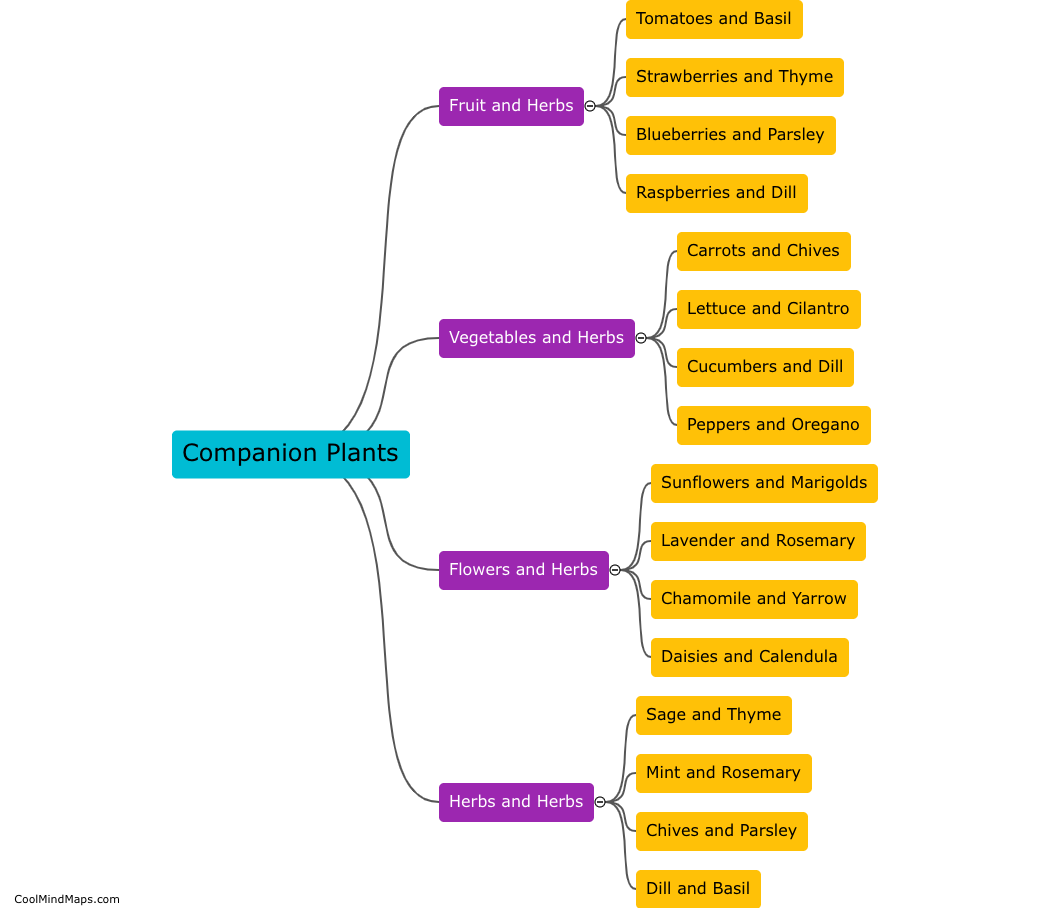How does religion influence consumer behavior in the Middle East?
Religion plays a significant role in shaping consumer behavior in the Middle East. Islamic teachings and beliefs greatly influence how individuals make purchasing decisions and engage with various products and services. Halal certification, for example, is a crucial consideration for Muslims when buying food, cosmetics, and other items, as they strive to adhere to Islamic dietary laws and ethical standards. Additionally, religious holidays like Ramadan and Eid-al-Fitr heavily impact consumer behavior, with increased demand for specific products such as food, clothing, and gifts during these times. Islamic banking principles, which align with religious values, also impact financial and investment decisions made by individuals and businesses in the region. Overall, religion acts as a guiding force in shaping consumer behavior by highlighting the importance of ethical, moral, and religiously permissible choices.

This mind map was published on 31 October 2023 and has been viewed 128 times.











